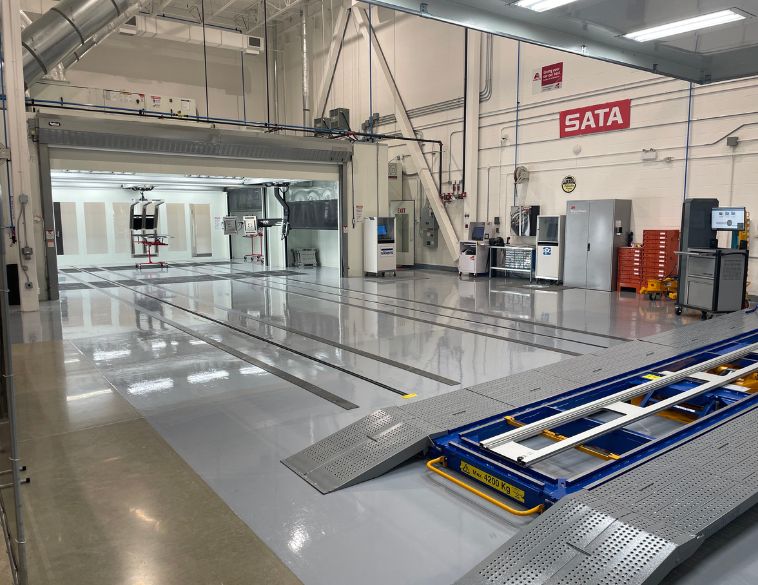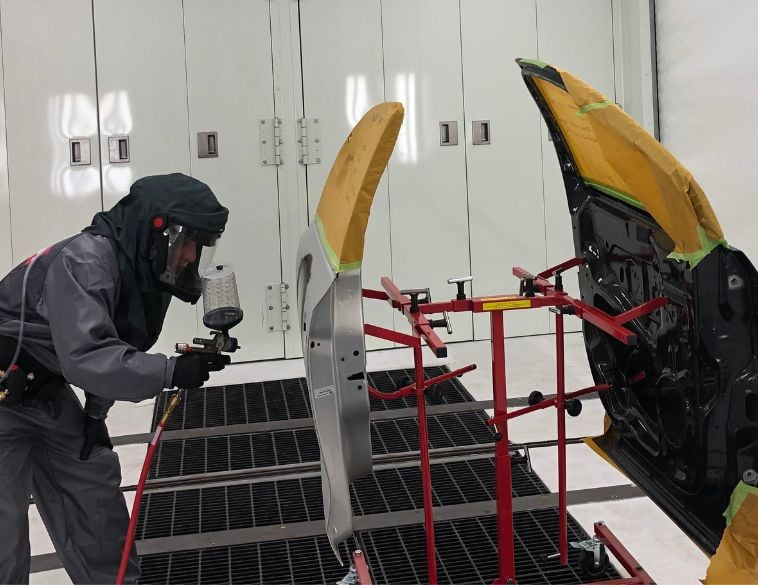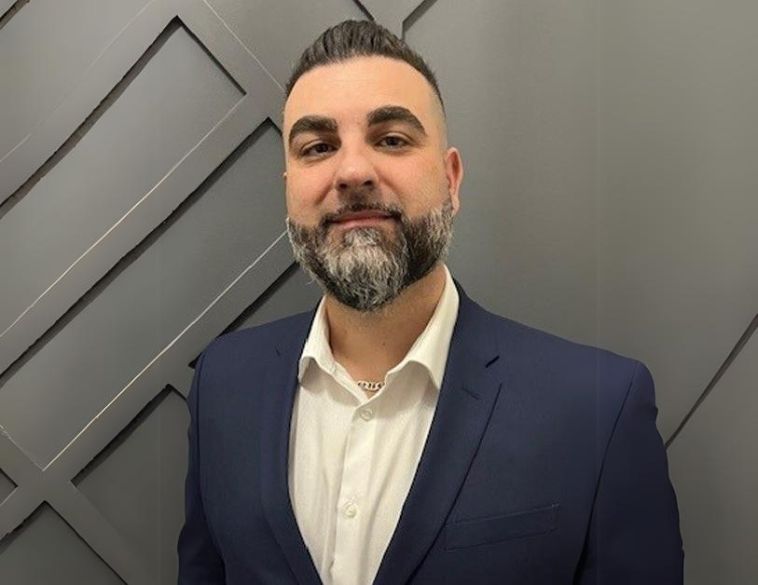Training has never been more important in our industry and Fix Network is making every effort to ensure that franchisees’ body repair technicians have access to it.
First, the obvious. Every year, automobile manufacturers strive to design new vehicles with cutting-edge materials and on-board electronic systems worthy of a space shuttle.
They reinvent themselves constantly in order to offer consumers lighter (i.e., more energy-efficient), eye-catching vehicles that are more enjoyable and safer to drive.
However, as soon as they leave the dealership, these marvels of human engineering may unfortunately be involved in a collision and find themselves in one of our body shops.
Independent body shops face enormous challenges. They need to have the equipment and know-how to be able to adequately make repairs to these computers on wheels—not only to maintain their reputation but also to ensure the safety of motorists.

Three training centres in Canada
Fix Network is strongly committed to offering training to franchised body shops. As proof of this commitment, the network today boasts three training centres serving the Canadian regions of Ontario (Milton), Quebec (Blainville) and Alberta (Calgary). There, franchisees can access not only the latest equipment, but above all, the expertise provided by trainers who are experts in their field, and who are truly passionate about bodywork.
“We are the only network of independent body shops with training centres across Canada,” emphasizes Fix Network Senior Vice President, André Cabana, who is closely involved in the implementation of training initiatives. “Our objective is simple: We don’t want workshops to train just a few of their technicians, but their entire team. To achieve this objective, we have established training centres in our most important markets. Plus, we’ve made flexible solutions available to more remote ProColor and Fix Auto body shops who, despite operating far outside of urban areas, would like to refine their expertise and benefit from training with our experts.”
Fix Network training courses cover a large part of day-to-day body shop activities. The most popular to date include advanced driver assistance systems (ADAS), manufacturer repair procedures and various welding techniques.
A flexible program
As is common today, a large proportion of training courses are offered remotely in the form of online capsules and specialized modules.
We are the only network of independent body shops that provide training centres across Canada.”
—André Cabana, Senior Vice President, Fix Network
Franchisees can access the entire training catalogue through Ignite, the network’s internal platform, and tailor programs for their technicians, estimators, liaison agents or parts managers, based on their needs. The platform also allows them to monitor the employee training progress.
“Our catalogue of in-class and online courses is scalable, based on franchisee requests,” Cabana continues. We try to anticipate major industry trends and position ourselves to face them. We’re constantly updating our courses and our trainers are eager to stay on top of new trends. As a network, we want to offer our franchisees training that will be truly useful to them in their everyday operations.”
Successful completion of one of the courses, most of which are recognized by the I-CAR program, is recognized by a certificate. What’s more, Fix Network regularly communicates the list of new certifications obtained to insurers. Encouraging and recognizing the expertise of its members is part of Fix Network’s values.
Passionate, expert-level trainers
The Fix Network relies on high-level trainers to disseminate know-how and best practices to its franchisees. The team includes trainers François Pitre and Jeff Francis, based in Quebec and Alberta respectively. Both made their bones working in body shops before turning to teaching. The team will soon be joined by a trainer for the Ontario region.
Stéphanie La Roque, based in Blainville, is the learning support coordinator. She brings her expertise in the field of compensation insurance and her knowledge of the automotive sector to the entire Network. For her, as for her colleagues, ongoing training is paramount for today’s body shops.
Time for expertise
“Our customers and insurance partners have high expectations,” Cabana continues. “We have to rise to the occasion. The key to expertise is training. We have to demonstrate to our customers and partners that we have the capacity to repair the cars entrusted to us while respecting each manufacturer’s processes. Body shops that are still on the fence as to whether to implement a staff development plan or not should get started now. Young technicians, especially, appreciate being part of a thriving company that isn’t afraid of investing in skills development. At a time when qualified employees are difficult to find, training is an awesome retention tool.”



